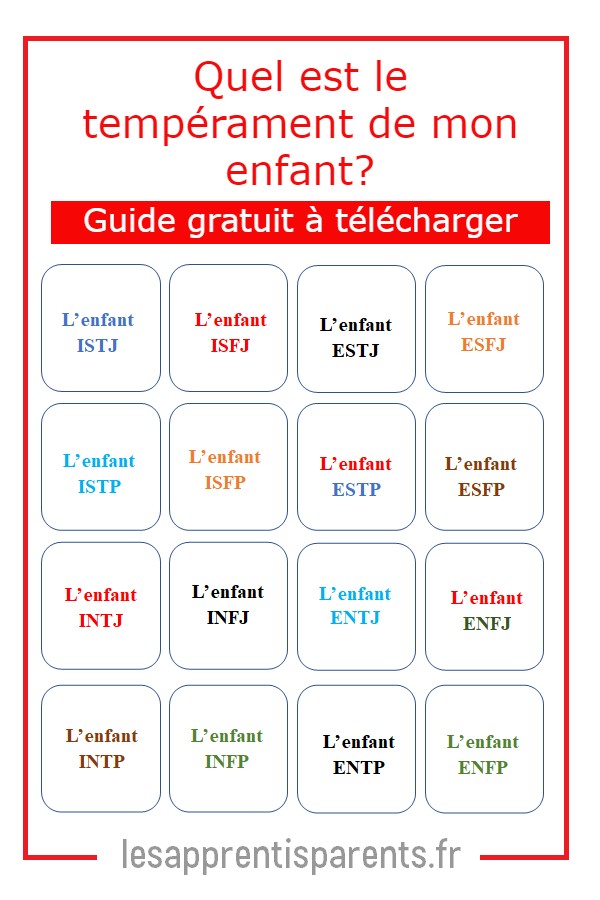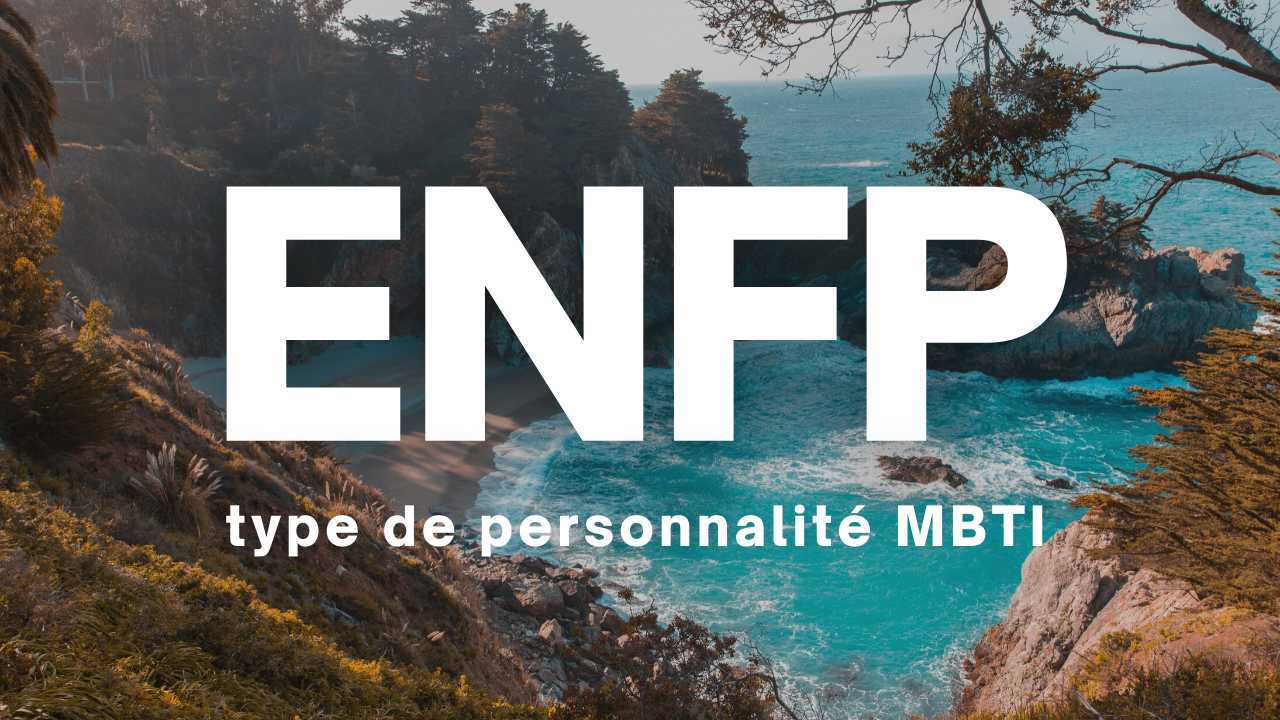In the world of personalities, the ENFP type shines with its extraversion and sensitivity. These individuals overflow with creative energy and brilliantly embody the role of “champion.” However, behind this dynamic facade can lie an inner instability, where rapid mood swings and the incessant quest for validation become daily challenges. In love, they may suffer from a dependency that drives them to fear rejection or disappointment. These signs, often overlooked, require particular attention to prevent the emotional risks linked to this latent fragility.

The ENFP, known as the champion in the MBTI model, is a personality full of dynamism and extraversion. But when the ENFP enters a maladaptive state, its characteristic traits can become weaknesses. Emotional instability is one of the first signs. These individuals can abruptly shift from overflowing euphoria to deep melancholy, which strongly impacts their personal and professional relationships.
Another major risk is emotional dependency. The maladaptive ENFP may feel a significant need for external validation, fearing rejection and seeking to please at all costs. This can lead to unbalanced relationships and even to the emotional exhaustion of those around them. They also tend to neglect their own basic needs such as sleep and nutrition, especially when engaged in creative projects or causes they are passionate about.
Finally, the ENFP under extreme stress may develop an inability to make decisions autonomously, preferring to avoid risk and choose the safest options. This fear of boredom and long-term responsibilities could limit their potential. To thrive, it is crucial for a maladaptive ENFP to be aware of these signs and seek balance to maintain their creative energy while preserving their well-being.

the daily challenges for the enfp
The ENFP shines like a beacon of enthusiasm and innovation, but behind this whirlwind of creative energy often lies a sense of instability. Changing ideas like shirts and fluctuating between states of euphoria and deep melancholy are frequent experiences for this personality type. This emotional instability can distance them from others, leaving them to struggle alone with difficulties, as friends and loved ones sometimes find it hard to keep up with these constant highs and lows.
Though often perceived as the champions of spontaneity and discovery, ENFPs have a significant emotional dependency. This constant need for validation, combined with a latent fear of disappointing or being rejected, may lead them to neglect their own needs, such as nutrition and sleep. This often plunges them into a prolonged stress cycle where they fail to allow themselves a break, becoming their own obstacle to inner peace.
recognizing the warning signs
ENFPs often find themselves at the mercy of their emotions, especially if they do not quickly identify the signs of an impending crisis. Close friends and family can help spot these signs, which include extreme exhaustion, sudden isolation, and neglect of social interactions. Excessive stress signals may manifest as an inability to handle constructive criticism, exacerbating their need for validation and creating a vicious cycle of social anxiety. To avoid drowning in their own emotions, recognizing and understanding these signals is vital for maintaining psychological balance.
preventing risks and finding balance
By becoming aware of their need for external validation and their tendency to neglect vital aspects of their well-being, ENFPs can develop strategies to counteract these behaviors. Learning to set healthy boundaries in personal and professional relationships can help alleviate emotional burdens. Integrating regular downtime and deliberate breaks into their schedules is essential to avoid burnout. They can leverage resources like those discussed on Psychological Resources ENFP to gain a deeper understanding of their behavioral patterns and improve their quality of life significantly.

FAQ
Q: What does it mean to be a maladaptive ENFP?
A: Being a maladaptive ENFP refers to an ENFP personality struggling with difficulties, particularly emotional ones, such as mood instability and frequent changes of opinion.
Q: What are the signs of a struggling ENFP?
A: Signs include a tendency to be overwhelmed by stress, neglect of basic needs like sleep and nutrition, and a significant emotional dependency coupled with the fear of disappointing or being rejected.
Q: How do ENFPs cope with stress?
The ENFPs can be whirlwinds of creative energy, often at the expense of their mental health. They must recognize signs of stress and regain balance before it spirals out of control.
Q: What risks do ENFPs face in their relationships?
They risk exhausting their partners with a constant need for validation and may hide a lack of self-confidence, which can negatively impact the dynamic of the relationship.
Q: Are ENFPs suited for specific careers?
The ENFPs are generally ideal for creative and dynamic careers where their extraversion and sensitivity can fully express themselves, such as animation, public relations, or coaching.
Q: How common are ENFPs in the general population?
The ENFPs are not extremely rare, but their unique combination of extraversion and sensitivity distinguishes them within the MBTI typology, giving them a valuable place in the diversity of personalities.











